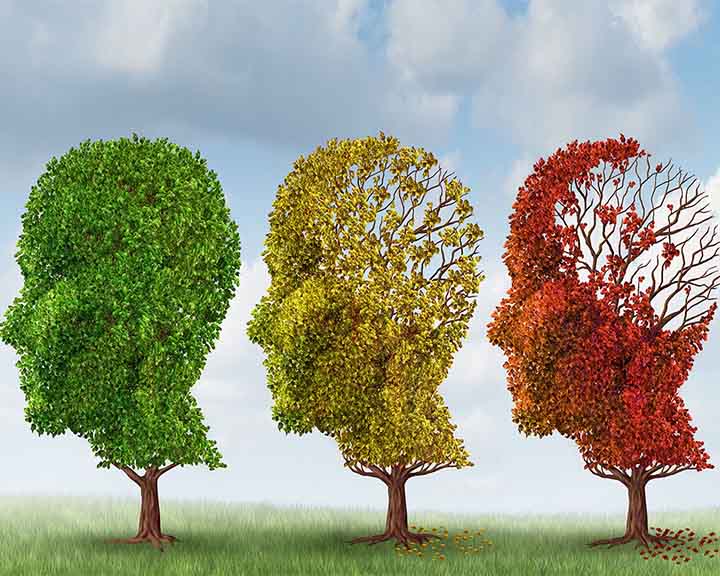The mysteries of Alzheimer's
Despite intensive, worldwide research efforts for more than three decades to better understand Alzheimer's disease, there are still numerous mysteries surrounding the condition.
Alzheimer's disease is a slowly progressing brain disorder. In people with the condition, abnormal deposits of a protein called amyloid-beta forms sticky plaques in the brain, and strands of the protein tau twist around, causing tangles that ultimately kill brain cells and cause a loss of memory, thinking and reasoning skills.
About 5.4 million Americans currently have Alzheimer's disease, and the number is expected to grow rapidly in the coming years as a larger share of the population ages, according to the Centers for Disease Control and Prevention. [7 Ways to Prevent Alzheimer’s Disease]
Researchers are now aiming to better understand what underlies the disease, as well as improving methods of detection, prevention and treatment.
In the past 15 years, biomarkers (biological markers), including new brain-imaging techniques such as Positron Emission Tomography (PET) scans, and new methods to analyze cerebrospinal fluid have helped researchers to detect early changes in brainfunction in people with Alzheimer's, said Dr. John Morris, a professor of neurology and director of the Knight Alzheimer's Disease Research Center at Washington University School of Medicine in St. Louis.
For example, using radioactive tracers that can bind with amyloid protein deposits in plaque and tau protein in neurofibrillary tangles, researchers can now use PET scans to peer inside the brain to detect whether Alzheimer-related changes are present, Morris said.
In addition, they can perform a spinal tap to withdraw a sample of cerebrospinal fluid, and use it to measure whether a person has low concentrations of amyloid beta protein and high concentrations of tau protein, which have both been linked with a diagnosis of Alzheimer's disease, he told Live Science.
Despite these advances, there are many aspects of Alzheimer's disease that researchers only partially understand, said Dr. Dennis Selkoe, co-director of the Ann Romney Center for Neurological Diseases at Brigham and Women's Hospital in Boston, who has been conducting research to uncover the causes of Alzheimer's disease for more than 30 years.
For people with Alzheimer's disease and their loved ones, the most important mystery to solve is finding a safe and effective treatment for this neurodegenerative disorder, Selkoe said.
Here are the six biggest mysteries of Alzheimer's disease, according to these two researchers, and a look at the work that's being done to solve them.
source : http://www.livescience.com/

 English
English

